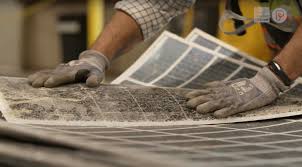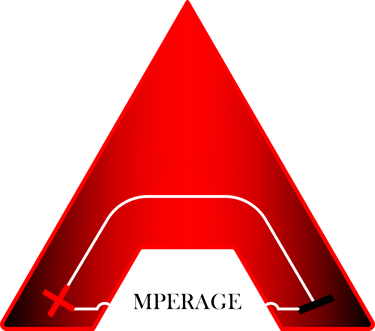Qcells and Solarcycle are transforming solar energy and revealing a new alternative with exciting market opportunities
Qcells and SOLARCYCLE are a first-of-its-kind collaboration between a major solar panel manufacturer and a leading solar recycler in the United States


In a pioneering collaboration, Qcells, the US's premier silicon-based solar panel producer, and SOLARCYCLE, a sophisticated solar recycler, have introduced a cutting-edge sustainable energy alternative. This collaboration not only pioneers an innovative approach to solar panel waste management, but it also represents an intriguing market opportunity that has the potential to transform the landscape of sustainable energy.
The solar panel recycling agreement between Qcells and SOLARCYCLE provides a novel solution for dealing with end-of-life solar panels. SOLARCYCLE's proprietary technique, which extracts more than 95% of the panel's value, outperforms industry norms and creates a closed loop system. This breakthrough concept establishes a new standard for sustainable practices in the solar energy business.
As part of the collaboration, SOLARCYCLE will spend $344 million in Cedartown, Georgia, to build a cutting-edge facility with a focus on producing crystalline silicon (c-Si) photovoltaic (PV) glass. This action not only represents a significant advancement in recycling capabilities but also offers an outstanding opportunity to grow the industry. When the plant opens for business in 2026, it will have generated over 600 new full-time employment and contributed to the expansion of the sustainable energy manufacturing industry.
Suvi Sharma, CEO and co-founder of SOLARCYCLE, emphasised the importance of this collaboration, saying, "Today's announcement opens up new avenues for the solar industry, providing an environmentally conscious solution and contributing to the growth of the clean energy sector."
Both Qcells and SOLARCYCLE have highlighted the transparency of their procedures in response to questions over the reliability and applicability of the materials employed. Recycled components include of silicon, aluminium, silver, copper, and low-iron glass that are carefully removed from Qcells' panels. Because of this dedication to material integrity, the new solar glass made at the Cedartown plant is guaranteed to meet strict quality requirements.
As the world adopts sustainable solutions, the issue arises: how accessible is this new approach to the middle class? Industry analysts believe that the faster recycling process will result in cost savings, potentially affecting market prices for solar panels. The incorporation of recycled materials into the domestic supply chain may help to make sustainable energy products more accessible for a wider range of consumers, including the middle class.
In addition to addressing environmental issues, Qcells and SOLARCYCLE's joint venture opens up a bright future for the solar energy industry. The growing emphasis on sustainability in the sector, together with new business prospects, may make solar energy more widely available and reasonably priced for a larger range of customers. This alternative's introduction represents a turning point in the effort to create a more equitable and environmentally friendly energy landscape.
Image: SOLARCYCLE
